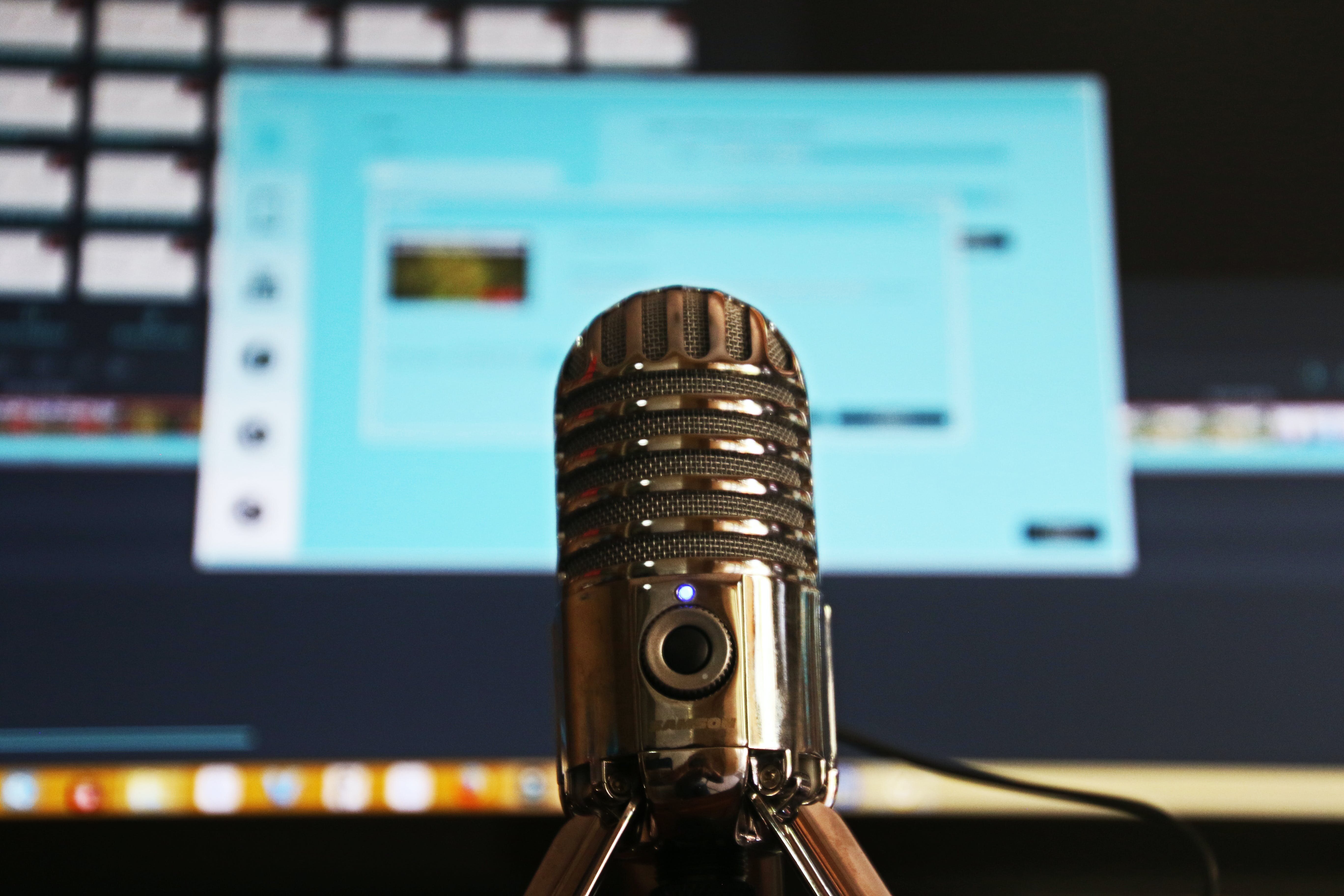In the evolving landscape of language education, podcasting has emerged as a highly effective tool for enhancing speaking skills. A 2025 study by Wijayanti et al., published in the International Journal of Pedagogical Language, Literature, and Cultural Studies, highlights the specific advantages of using self-created podcasts to improve speaking proficiency in learning German as a foreign language.
One of the core takeaways from the study is that podcast creation offers a structured yet flexible platform for oral language practice. Unlike traditional classroom exercises, which are often limited by time and rigid formats, podcasting allows students to actively use language in context—researching, scripting, and recording content that they care about. This process supports deeper engagement with vocabulary, grammar, pronunciation, and intonation.
Students in the study were required to draft their own scripts, revise them based on instructor feedback, and record their episodes multiple times. This iterative process led to noticeable improvements in their pronunciation and speech fluency, especially as they rehearsed their scripts and refined their delivery. Nearly 77% of participants reported a significant enhancement in their speaking skills, and over 60% found podcasting to be either effective or highly effective for this purpose.
Crucially, the podcasting process aligns with communicative language teaching principles: students produce meaningful language, respond to peer and instructor input, and perform real-life speaking tasks. It also encourages metacognitive awareness, as students reflect on their language use and actively work to improve it.
Moreover, the study underscores that self-created podcasts don't just improve accuracy—they build confidence. Students expressed greater comfort in speaking German after completing their podcast projects, attributing their progress to the safe, repeatable, and creative nature of the recording process.
In summary, the study makes a compelling case for podcasting as a language learning strategy. It offers learners the opportunity to practice speaking in authentic, student-driven contexts, fostering both linguistic competence and communication confidence. For educators aiming to enrich speaking proficiency, podcasting provides a practical, effective, and motivating solution grounded in modern pedagogical research.
